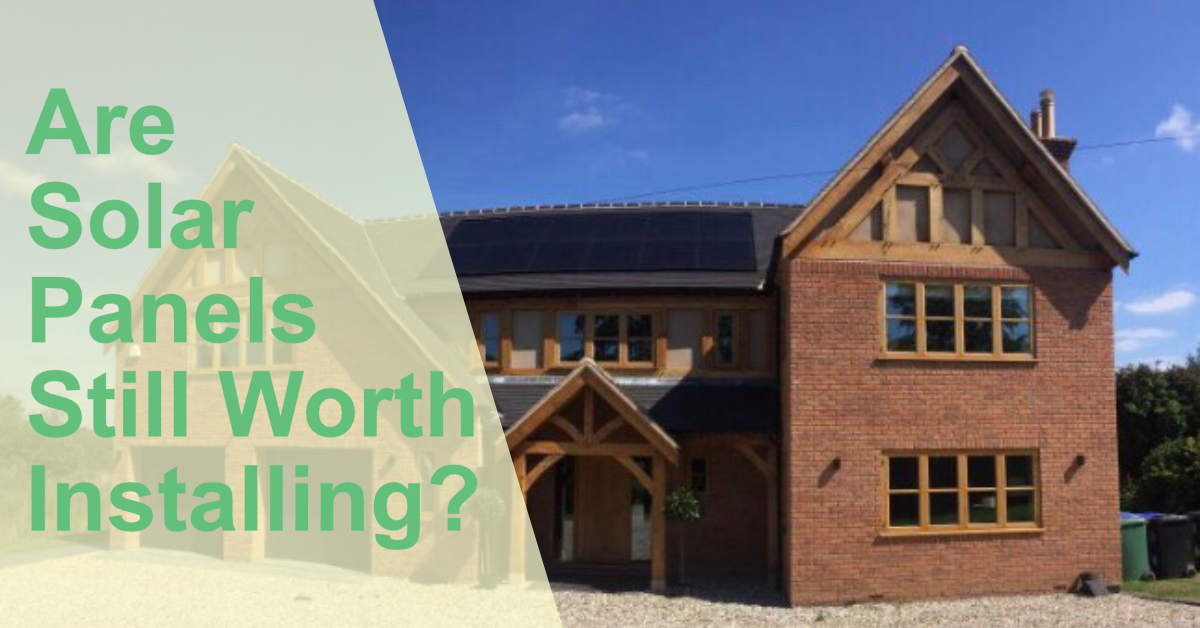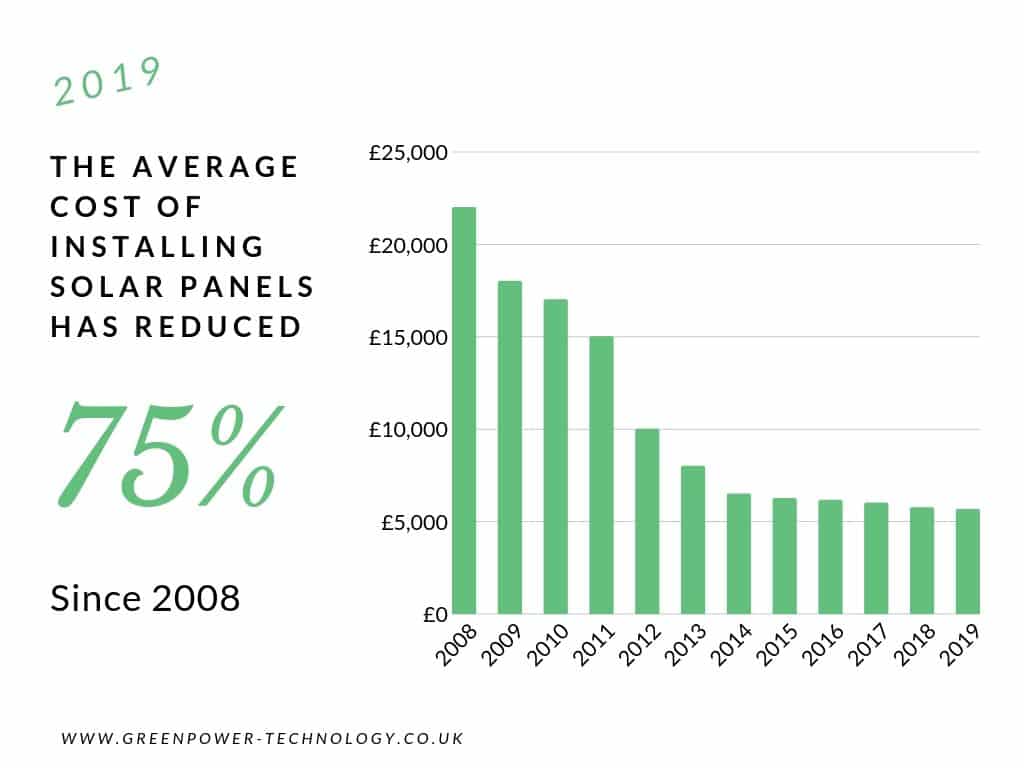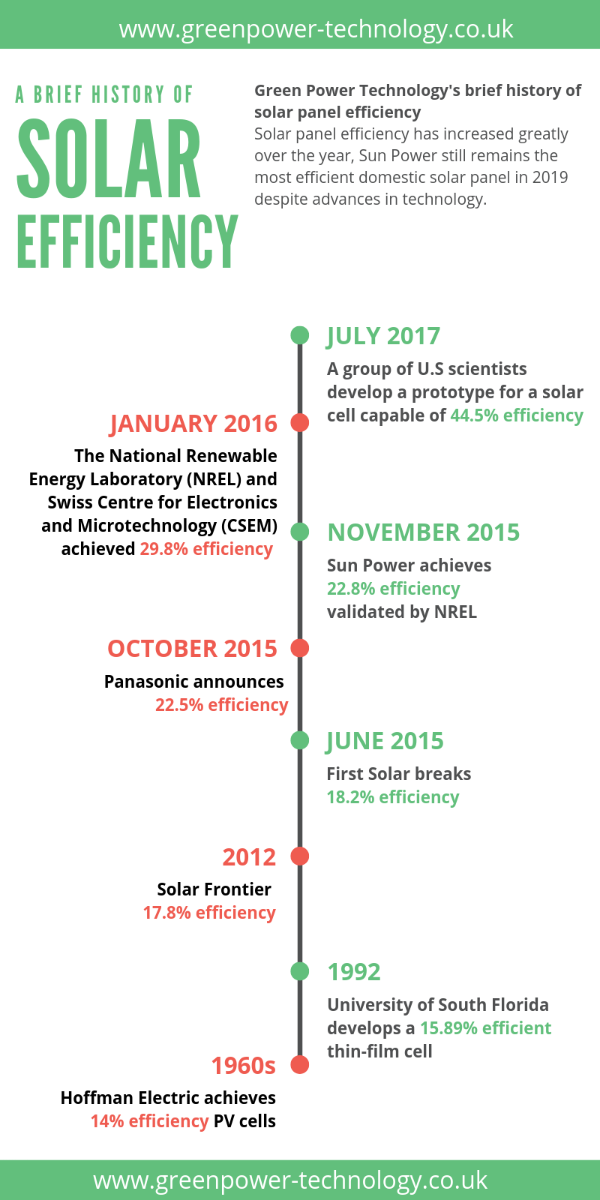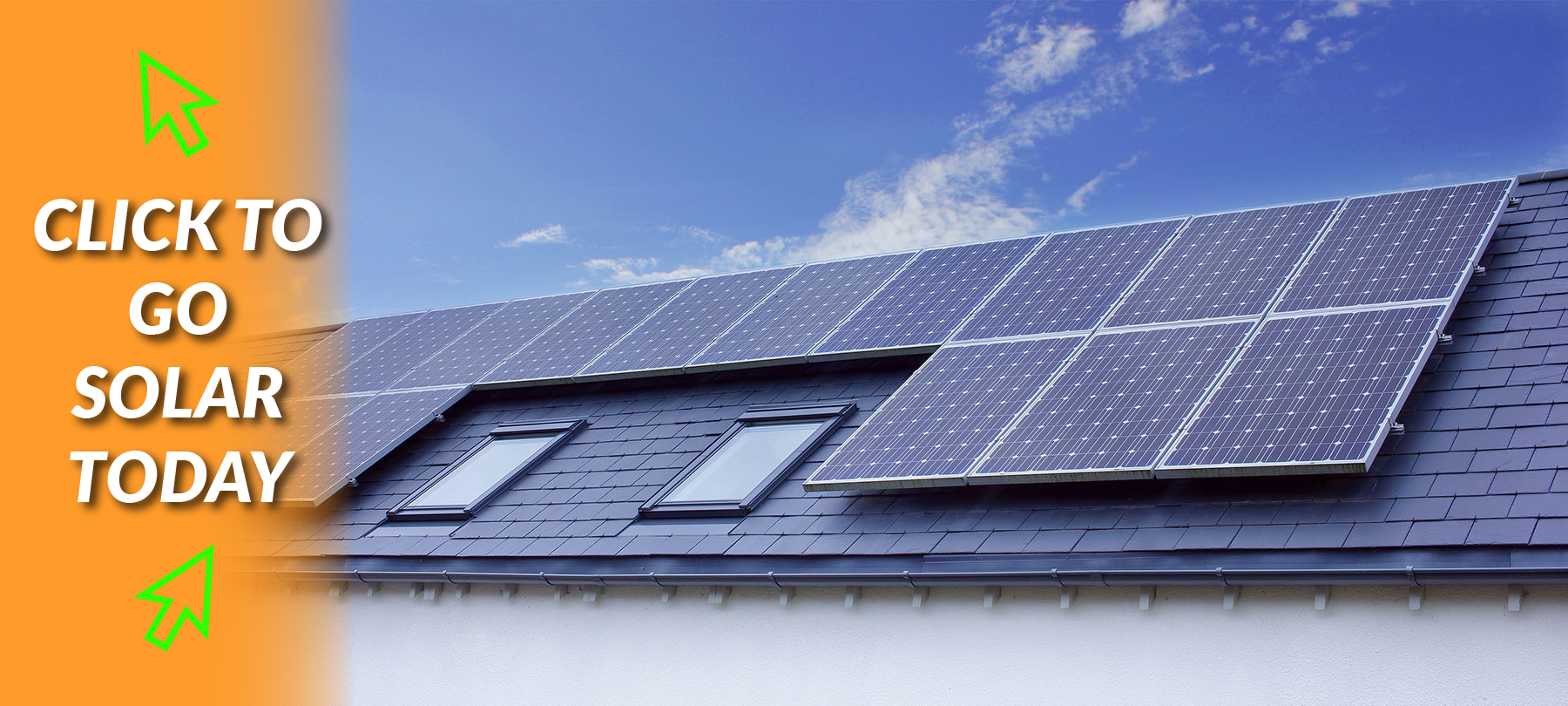Do Solar Panels Need Direct Sunlight To Work?
How Solar Panels Have Improved
What are the Benefits of Solar Panels?
Are Solar Panels Worth it in 2023?
So, are solar panels worth it in 2023?
Homeowners, Complete Our Easy Funding Checker to Find Out if You Qualify for Grants or Funding
In short: Yes, solar panels are definitely worth it in 2023!
The costs of utilities are only going to increase as times go on. Thankfully with the power of renewables, UK residents can take back their control and even potentially make money themselves by investing in solar panels.
This is due to the decreasing cost of solar panels over the years, the increase in efficiency both for panels and batteries, and due to the Grid Trade Tariffs rolled out in 2019.
If we could properly catch the sun’s light as it comes to earth, we could power the entire world for a year in just one minute. In a day we would have enough energy for the whole population around the world for 27 years.
The sun is a huge resource that does not produce emissions or noise, and the tools necessary to catch it can be found right on your very roof.
That being said, residential solar power is still not anywhere near that efficient. The average efficiency ranges between 7 – 20%, and even at best, the lifespan for these solar panels is 25 years.
Does this mean that solar panels are not worth it?
On the contrary, they are an excellent investment for your property if you intend to live there for the next few decades.
Choosing the right panels and knowing how to make the most out of your solar panels, however, will make them well worth the investment.
What Are Solar Panels?
Solar panels absorb the photons out of sunlight to generate electricity.
This means that they don’t need direct sunlight to work – a critical factor when you consider the generally cloudy weather that the UK experiences.
The energy produced is then stored in batteries to be used in your home or can be set up to power specific systems, like a solar water heater.
How Do Solar Panels Work?
The primary material that makes solar panels convert sunlight into electricity are known as photovoltaic cells.
These cells are placed in between layers of semi-conducting silicone or other materials.
This way, when the photons found in sunlight hit them, they create an electric field.
The electricity produced in this electric field will then be sent to the battery to be stored until you need it.
Do Solar Panels Need Direct Sunlight to Work?
Photons are present regardless of whether there is direct sunlight or not. It is the same reason why plants don’t always need direct sunlight.
In fact, some burn in direct sunlight and instead merely mean a brightly lit room.
The sun is still critical, of course. The most efficient solar panels – that you would find on solar farms, not on a residential building – need to track the sun as it goes overhead to get the maximum amount of efficiency.
So to conclude, solar panels do not need direct sunlight in order to operate
How Have Solar Panels Improved Over the Years?
Solar panels still have a long way to go before they are 100% efficient. At the moment we haven’t even reached 50% efficiency, but considering daylight is the only ingredient necessary, this can still mean a considerable reduction in your energy bills.
If you follow up with other energy-saving tactics, the electricity produced by the solar panels of today could potentially power your home entirely.
This is due to new discoveries in the material being made. When the solar panel was first invented back in the 1800s, it was less than 1% efficient.
Though over a hundred years have gone by, the biggest jump in innovation has only been seen in the last ten years.
In 2009, for example, it would cost the average solar panel owner $8.50 USD per watt.
Now it costs $2.98 USD per watt, with costs dropping by 2.3% in the year of 2019 alone.
This drop in price is due to the increase in efficiency of solar panels and due to wider production.
There are now options on the market that can pay off their cost in savings within a year, though you will want to invest in more long-lasting options.
What are the Benefits of Solar Panels?
The benefits of solar panels go beyond just lowering your energy usage and helping you save a little on your utility bills.
Reduced Energy Usage
You can expect energy savings up to 80% when you install a solar panel onto your roof.
Combine this with other energy-saving methods, and you have the potential to cover your entire energy usage by renewable energy produced on your roof.
No Noise Pollution
Wind turbines are very noisy, as are nearly every other method of energy production, renewable or otherwise.
Solar panels make no noise and are perfectly suited for even the quietest of neighbourhoods. If you want to learn more about noise pollution click here.
Very Safe Method of Creating Energy
Approved solar panels for sale are very safe to install, so you don’t need to worry about toxins or other dangers when you invest in your very own solar energy.
Little to No Ongoing Maintenance
Solar panels require very little maintenance as years go on, especially in the UK as you don’t typically need to worry about heavy snowfall and light snowfall can be melted by the energy field.
Sell Back Excess Energy
Since April 2019, a new Grid Trade Tariff has been introduced for UK homeowners.
This new program is even more profitable for homeowners than the previous edition, meaning that you can now sell the excess energy that you don’t need.
On average, homes use just 27% of the energy their solar panels produce.
Storing it for long periods is not a very viable option, and therefore the 70% of energy that is currently going to waste can be better spent going back onto the grid.
You could make up to £30,000 back over the 20-year lifespan of your solar panels.
Why Switch to Renewable Energy?
The main reason why it is crucial to make the switch now is because the VAT on solar panels is expected to increase from 5% to 20% in October 2019.
Energy prices from traditional sources will also increase, meaning that you could expect to pay hundreds extra every year as times go on.
Climate change and changing weather also play a part.
Soon, more heating and even cooling will be necessary to power in homes, further driving up your energy usage and price.
You can make your home more efficient and cost less to run by investing in solar panels and accompanying systems, like a solar water heater or an air source heat pump.
Are Solar Panels Worth it in 2023?
Solar panels are cheaper than ever, and with the new grid power tariff, it has never been a better time to invest in solar panels of your own.
Typically speaking, you can expect to pay between £5000 to £8000 to install the recommended PV system.
That being said you could end up paying as little as £3000 or as much as £13,000 depending on the size of your roof and other determinations.
You can rely entirely on your own solar energy during off-peak hours (daylight hours) and reduce costs during on-peak hours.
Alternatively, you could focus on selling your energy back to the grid and making money back on your investment.
How to Maximise the Use Out of Your Solar Panels
The best way to get the most out of your solar panels is to simply improve the efficiency of your property.
If your home itself needs very little electricity to run, then your solar power can handle the costs in their entirety on their own.
1. Invest in Double Glazing
Double glazing loses its efficiency slowly over time. If it has been twenty or thirty years since you last had your windows replaced, then it is time.
Replacing your windows when they are decades old will help increase the efficiency of your property and reduce the highest expenditure of energy in your home – heating.
2. Use Energy Efficient and Renewable Heating and Cooling
You can use air source heat pump systems in order to heat your home as well. There are also options to heat your water using solar power, and more.
By investing in these new renewable systems, you can significantly reduce the cost of heating and cooling your home and water. They use far less energy and can be run on solar power.
3. Invest in New Appliances
Investing in top energy-efficient appliances will help you see massive cost savings down the line.
4. Use a Smart Home System
One of the best methods, however, is to invest in a smart home system.
This way, if you leave your home, all of your unused plugs and lights will automatically turn off.
Your heating can be better tailored to where you are, so if you are late in traffic getting home, you won’t have been heating your home for hours unnecessarily.
Solar panels can make you money back if you invest in the right improvements for your home and you know when and where to go to get new solar panels installed on your property.
Sell back unused energy, reduce your own energy consumption so that you can kiss utility bills goodbye forever, and enjoy a more sustainable way of living.
How much do solar panels cost in 2023?
The cost of solar panels has decreased significantly over the last few years smart energy international claim that PV module prices fell 32% and inverter prices decreased by around 18% in the last 2 years.
Costs can vary from company to company and depend on any add on or upgrades you want to include with the system.
Solar Only Prices (Mono)
| System Size | Inverter make | Cost |
|---|---|---|
| 1Kw | Solax | £2995 |
| 2kw | Solax | £3695 |
| 3kw | Solax | £4495 |
| 4kw | Solax | £4995 |
These are rough guides prices may vary due to panel price fluctuation*
You may also want to include add on’s such as battery storage to go with your solar panel installation, battery storage prices can vary depending on Manufacturer & battery size etc.
We will give a rough guide cost of solar panel and battery storage costs.
Solar Panel (mono) & Battery Storage Costs
| System Size | Battery Storage Make | Battery Size | Battery Type | Cost |
|---|---|---|---|---|
| 1Kw | Solax | 6.3kWh | Lithium | £6995 |
| 2kw | Solax | 6.3kWh | Lithium | £7695 |
| 3kw | Solax | 6.3kWh | Lithium | £8495 |
| 4kw | Solax | 6.3kWh | Lithium | £8995 |
These are rough guides prices may vary due to panel and battery price fluctuation*
So, do you think solar panels are worth it in 2023?







